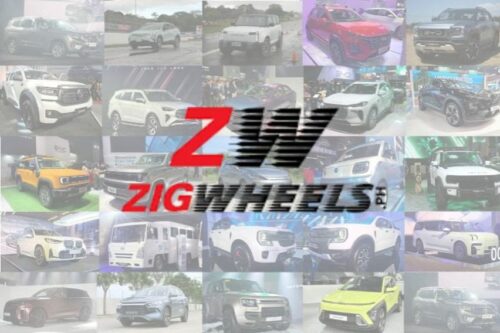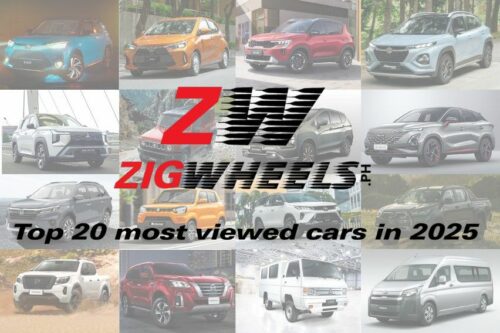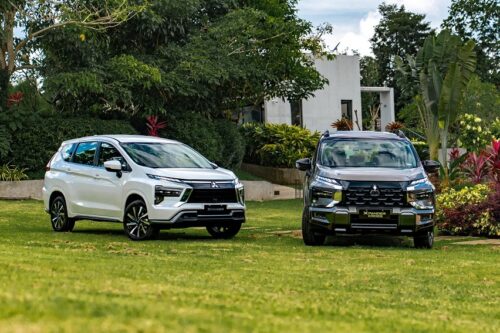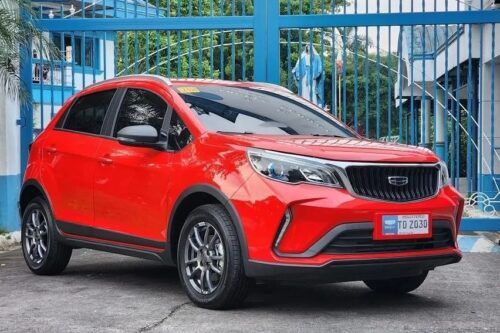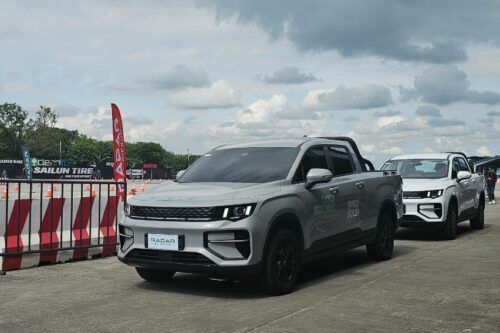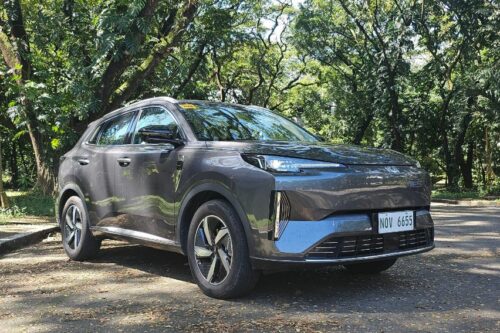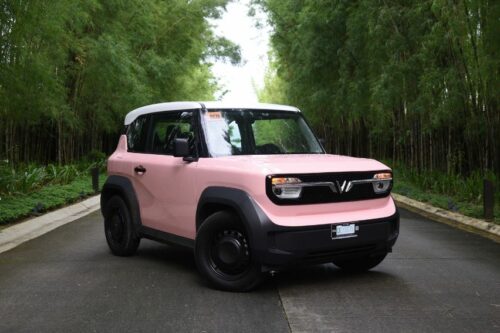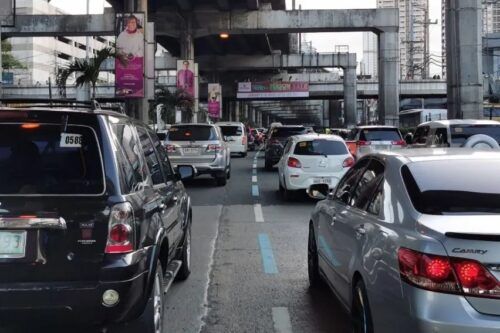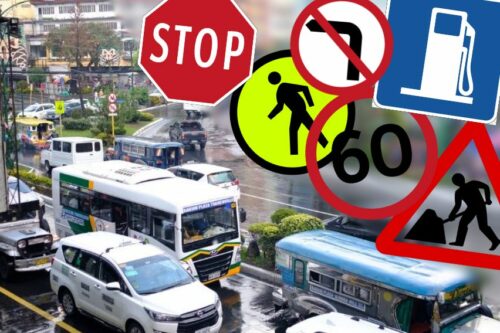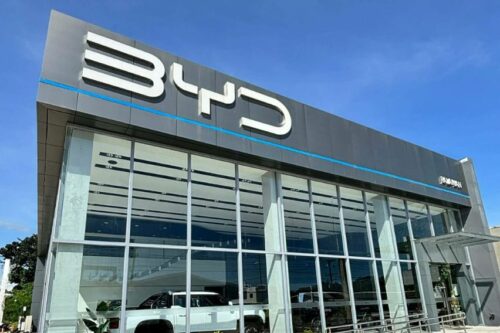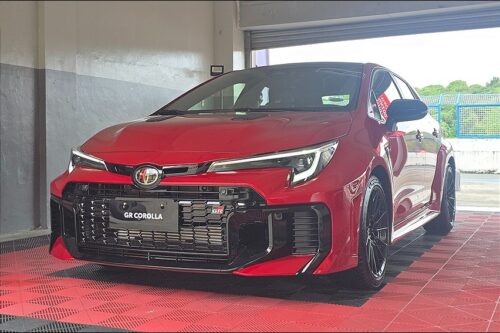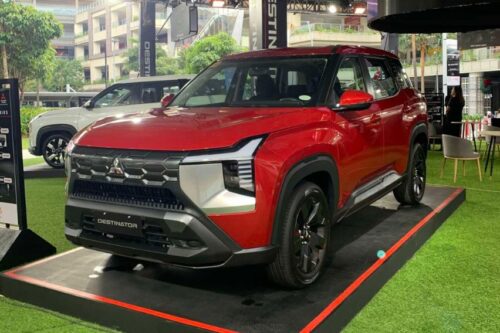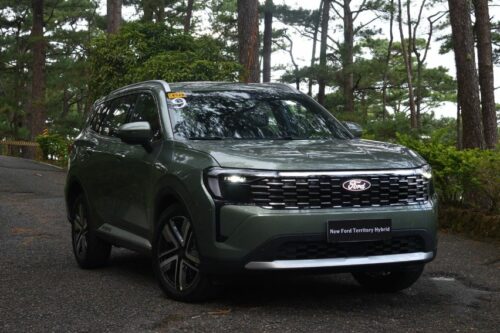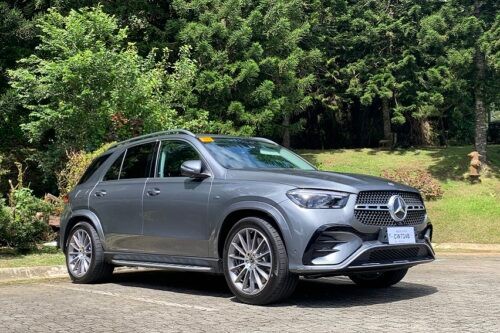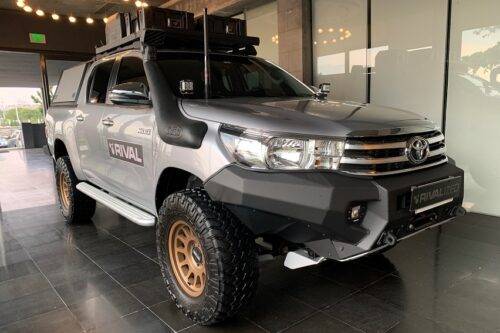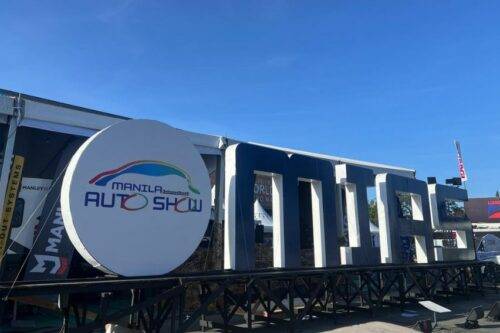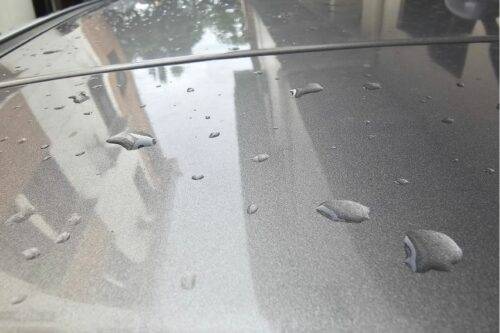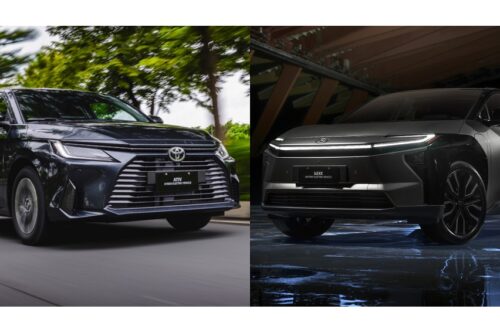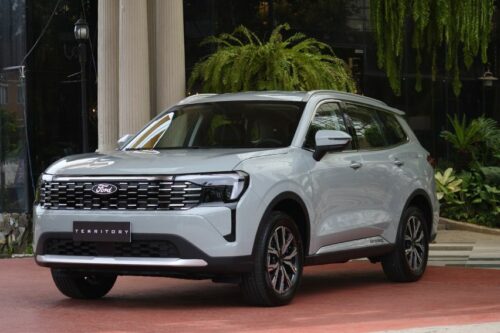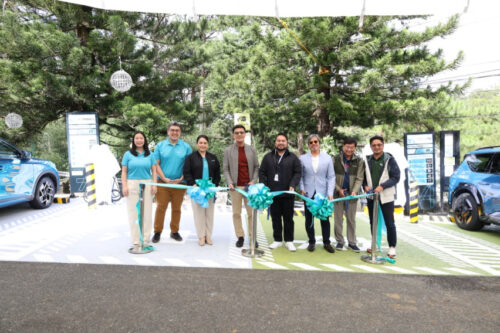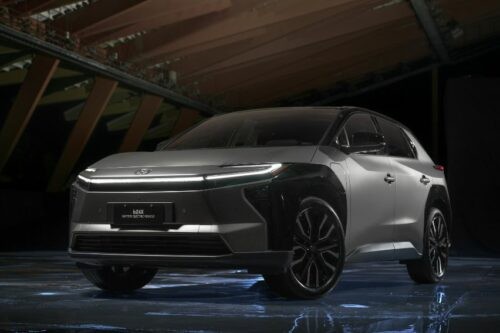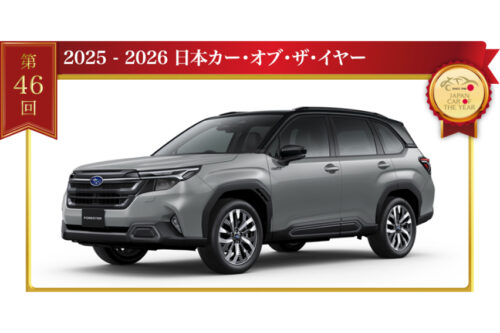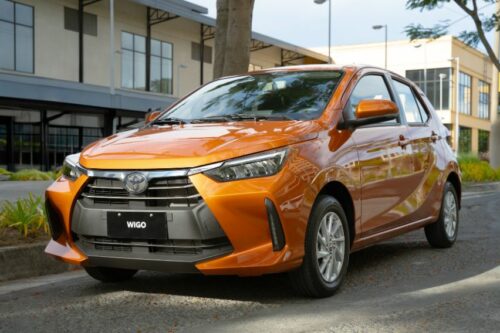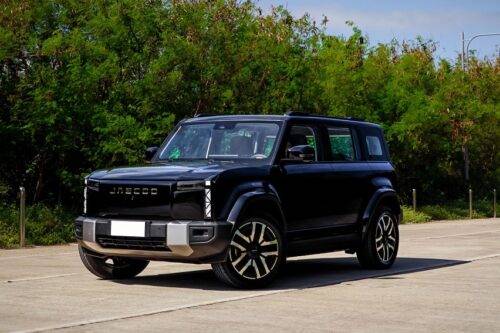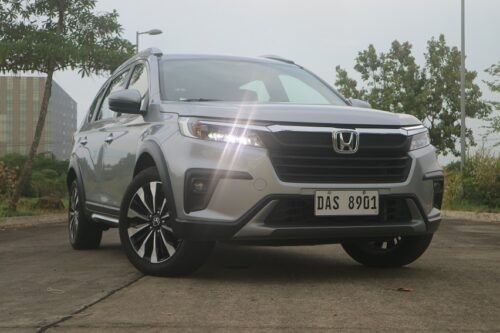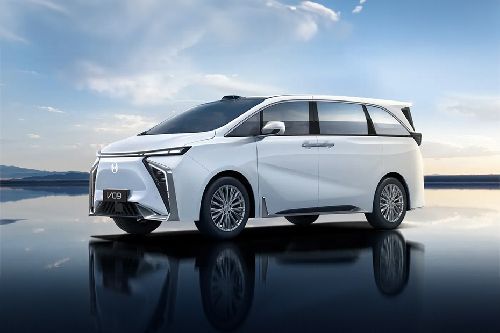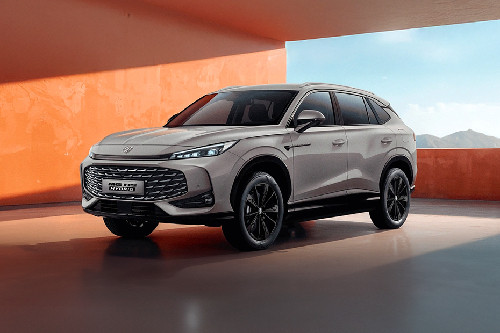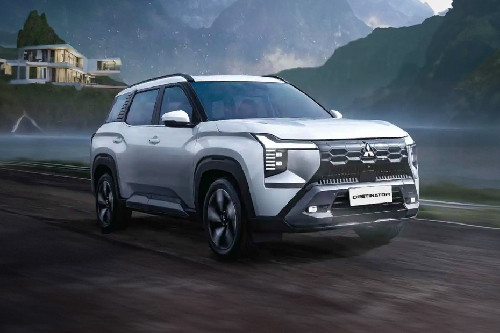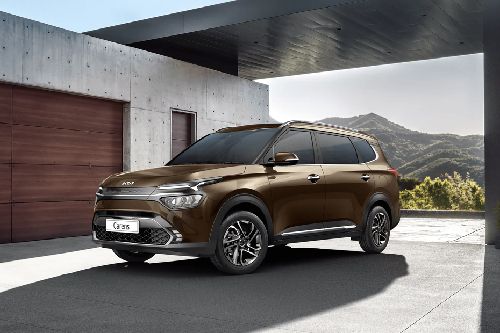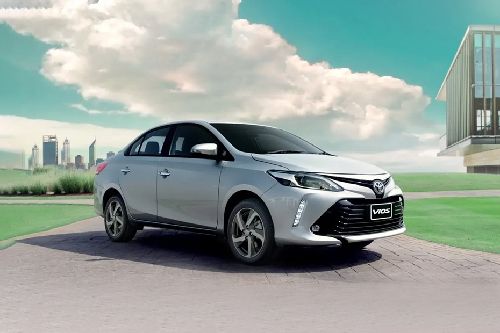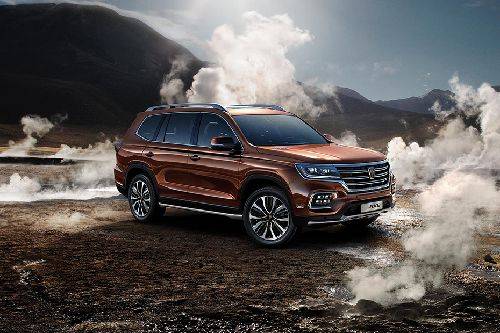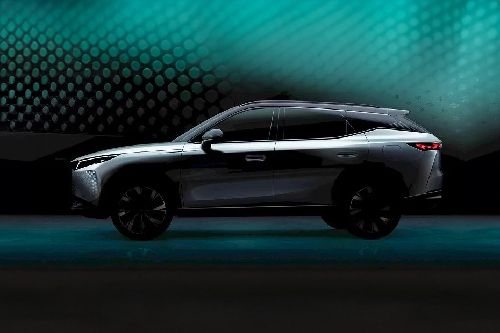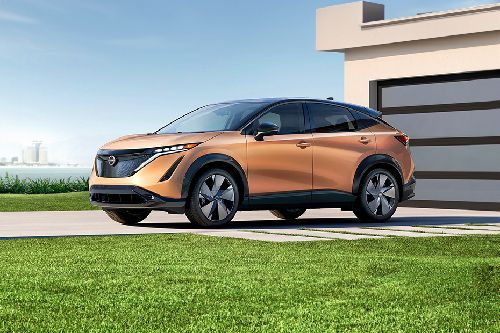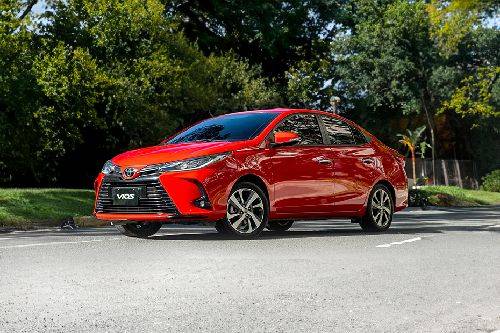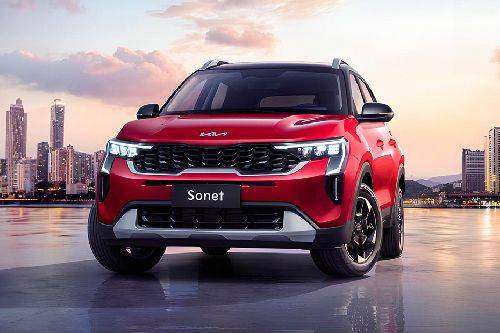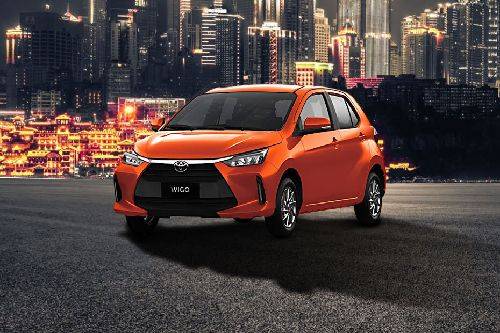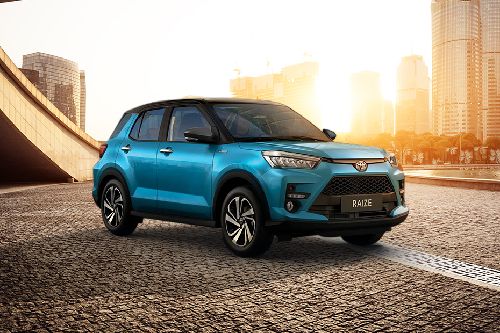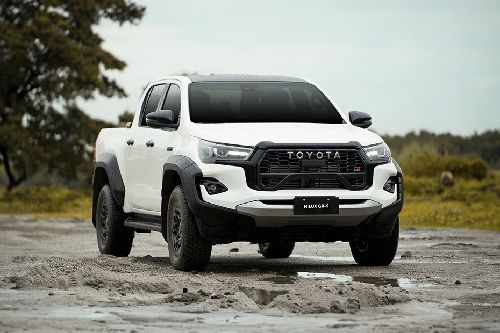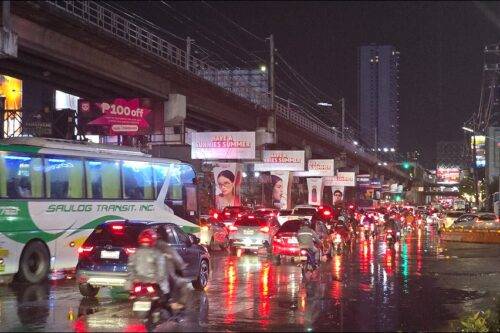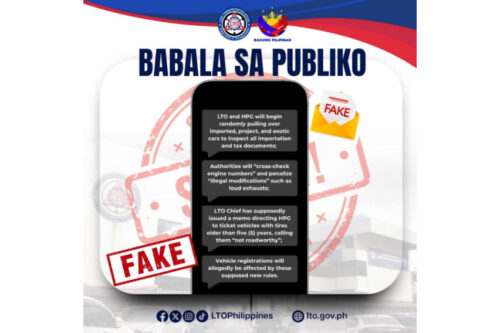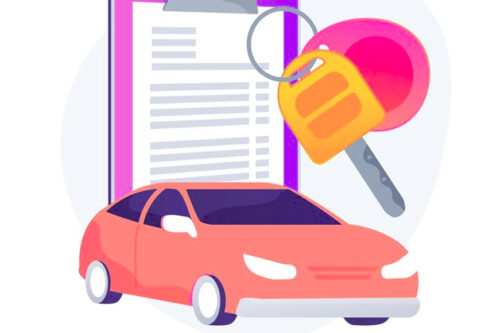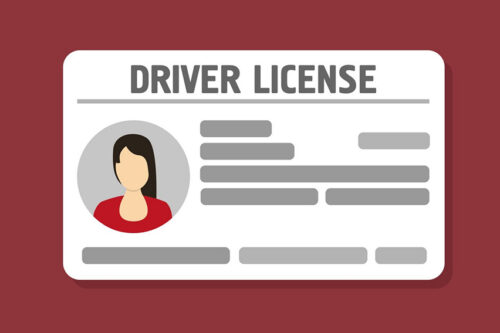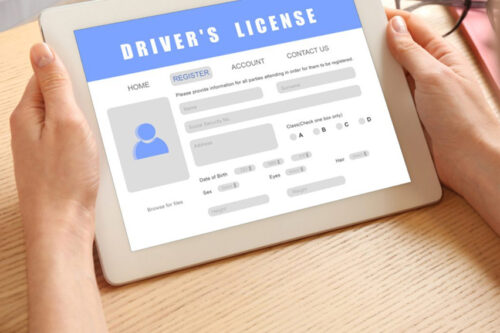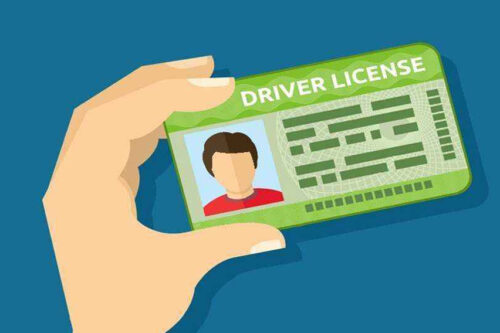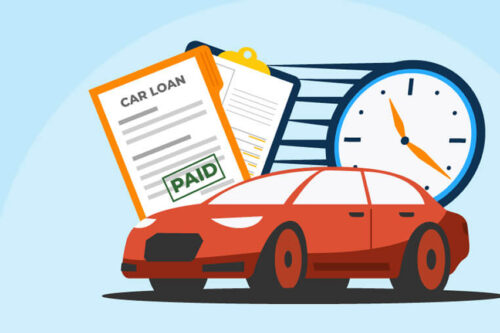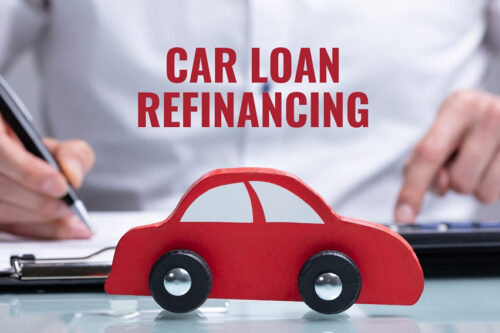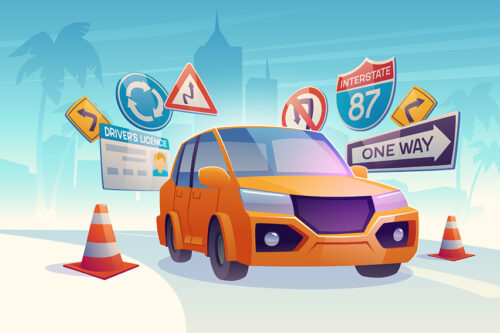Powering the future: The Philippines' initiatives towards expanded EV charging network
With concerted efforts from the government, private sector, and stakeholders, the EV charging infrastructure in the Philippines is expected to expand rapidly.
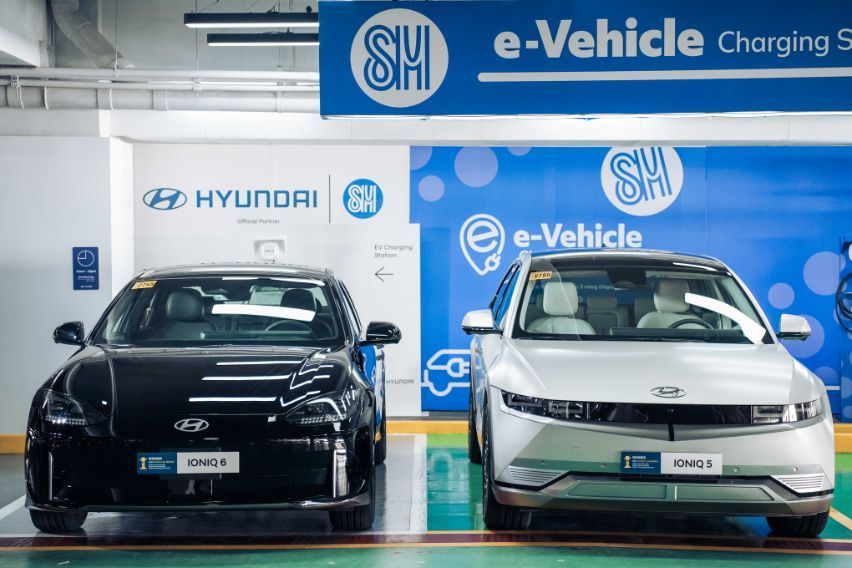
Electric vehicles (EV) have gained significant momentum in the Philippines in recent years, driven by the country's commitment to reducing carbon emissions and promoting sustainable transportation solutions.
KEY TAKEAWAYS
Are there enough EV charging stations in the Philippines?
Currently, the number of EV charging stations in the Philippines is relatively limited compared to traditional gasoline stations. However, efforts are being made to expand the charging infrastructure across the country.Who are taking actions in increasing the availability of EV charging stations?
The government, private companies, and other stakeholders are actively working towards increasing the availability of charging stations to meet the growing demand for electric vehicles.As the demand for EV continues to rise, the establishment of efficient and reliable charging infrastructures become crucial. Without a robust charging network, the adoption of EV will likely slow down.
EV adoption and charging infrastructure in PH
The EV market in the Philippines is still in its early stages, but it is gradually gaining traction. The government has been promoting EV adoption through various incentives and awareness campaigns. As a result, the number of EV units running on Philippine roads are increasing, albeit slowly.
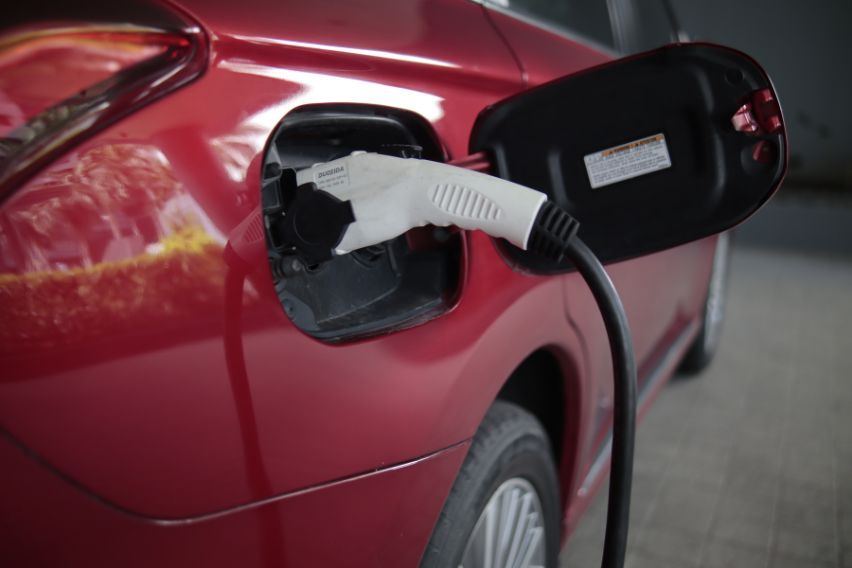
While the EV market is growing, the charging infrastructure is still limited. The number of charging stations across the country is relatively small compared to traditional fuel stations. However, efforts are being made to expand the charging network, with more charging stations being installed in public areas, commercial establishments, and residential communities.
EV Industry Development Act
As the government actively supports the adoption of EVs, it has implemented the EV Industry Development Act (EVIDA), also known as Republic Act No. 11697.
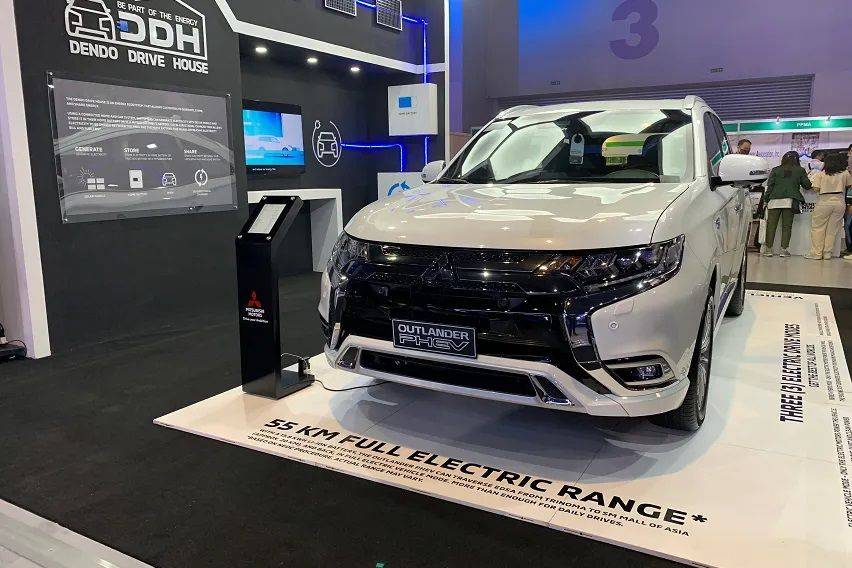
EVIDA provides incentives to EVs by designating green routes throughout cities and municipalities, providing them with designated parking spaces in establishments, and exempting them from traffic coding schemes.
Key players in the EV charging industry
Several international and local companies like Solarius EV Charging, BTC Power, and Emicor Incorporated are involved in manufacturing EV charging equipment. These manufacturers offer a range of charging solutions, including fast chargers, level 2 chargers, and portable chargers. The competition among these manufacturers helps drive innovation and improve the quality and affordability of charging equipment.
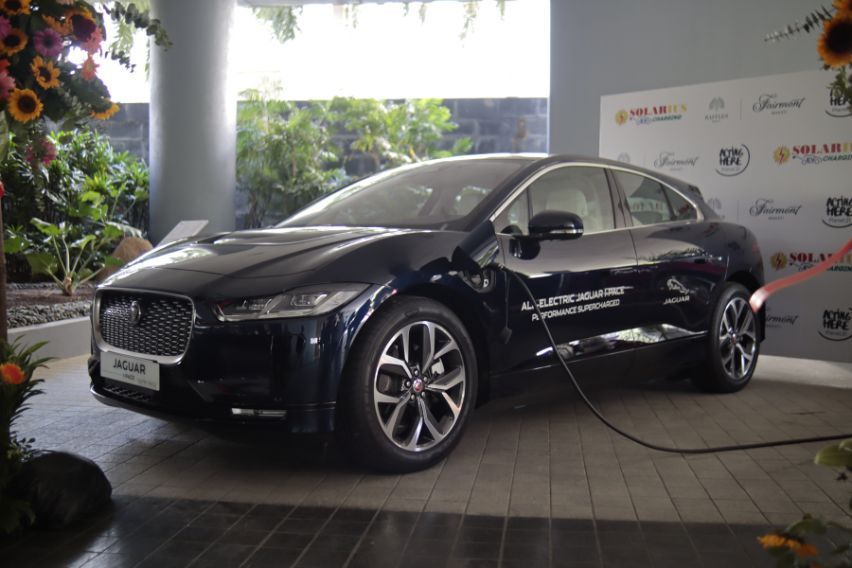
Energy companies like Meralco and Aboitiz Power also play a crucial role in the development of EV charging infrastructure. They have the expertise in electricity distribution and can leverage their existing infrastructure to install charging stations. Additionally, energy companies are exploring renewable energy sources to power charging stations, further reducing the carbon footprint of EVs.
Automotive manufacturers are also actively involved in promoting EV charging. They are also working on developing advanced charging technologies and collaborating with energy companies to establish charging networks that support their EV models.
Nissan Philippines has installed EV charging stations in select dealerships nationwide, while Hyundai Motor Philippines has partnered with SM Supermalls to provide EV charging services in SM Mall of Asia, The Podium, SM Fairview, SM City Clark, SM City Cebu, and SM Lanang.
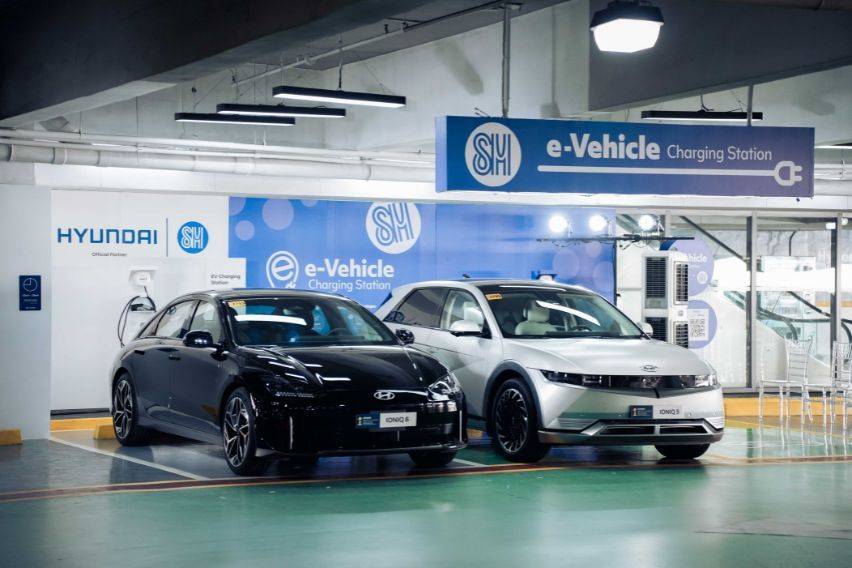
AC Motors, the distributor of BYD and Kia vehicles in the country, also makes EV ownership easier by installing charging stations in key locations within Ayala-owned properties. These charging stations are free to use until the end of the year.

Fuel companies have also installed EV chargers in some of their stations. Shell offers EV charging services at its stations along South Luzon Expressway and Tarlac-Pangasinan-La Union Expressway. Just recently, it opened its third EV charging site in Bonifacio Global City.
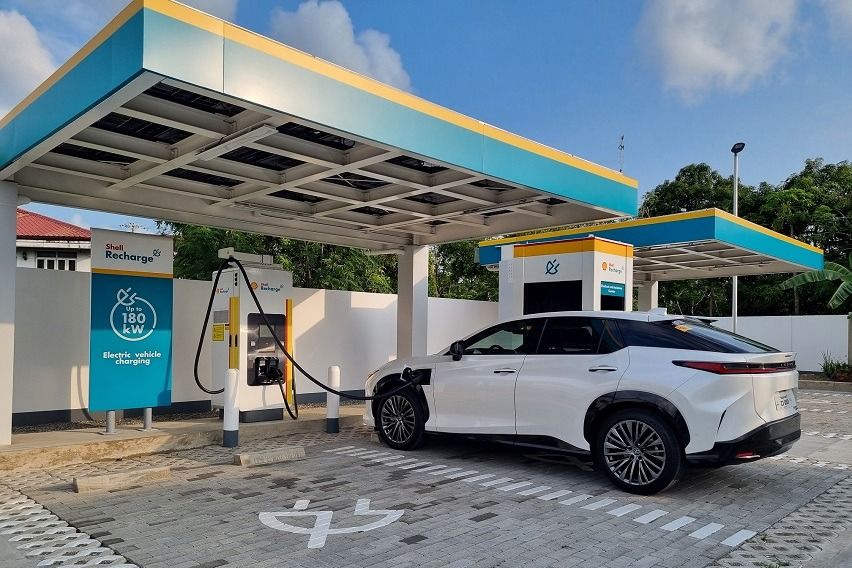
Mall developers like Megaworld have also installed EV charging stations in the parking area of their establishments, making it convenient for shoppers to power up their EVs. SM Supermalls have also opened their own EV charging stations in their establishments in addition to the ones installed in partnership with Hyundai.
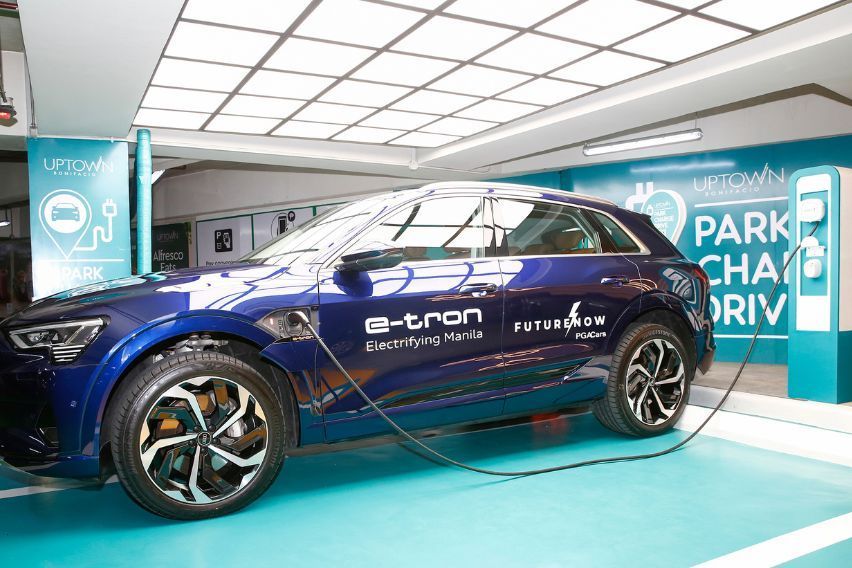
With concerted efforts from the government, private sector, and stakeholders, the EV charging infrastructure in the Philippines is expected to expand rapidly. This growth will pave the way for increased adoption of EVs, leading to a greener and more sustainable transportation future.
Photos from Hyundai Motor Philippines Incorporated, Roy Robles, Juan Paulo Papa, Kia Philippines, Shell Philippines Corporation, and PGA Cars
Also read:
The present and future of EV charging in PH
Sell your car at the best price
 Verified and genuine buyers
Verified and genuine buyers
Trending & Fresh Updates
- Latest
- Popular
You might also be interested in
- News
- Featured Stories
Featured Cars
- Latest
- Upcoming
- Popular
Latest Car Videos on Zigwheels

Car Articles From Carmudi
- journal
- advice
- financing
- insurance

